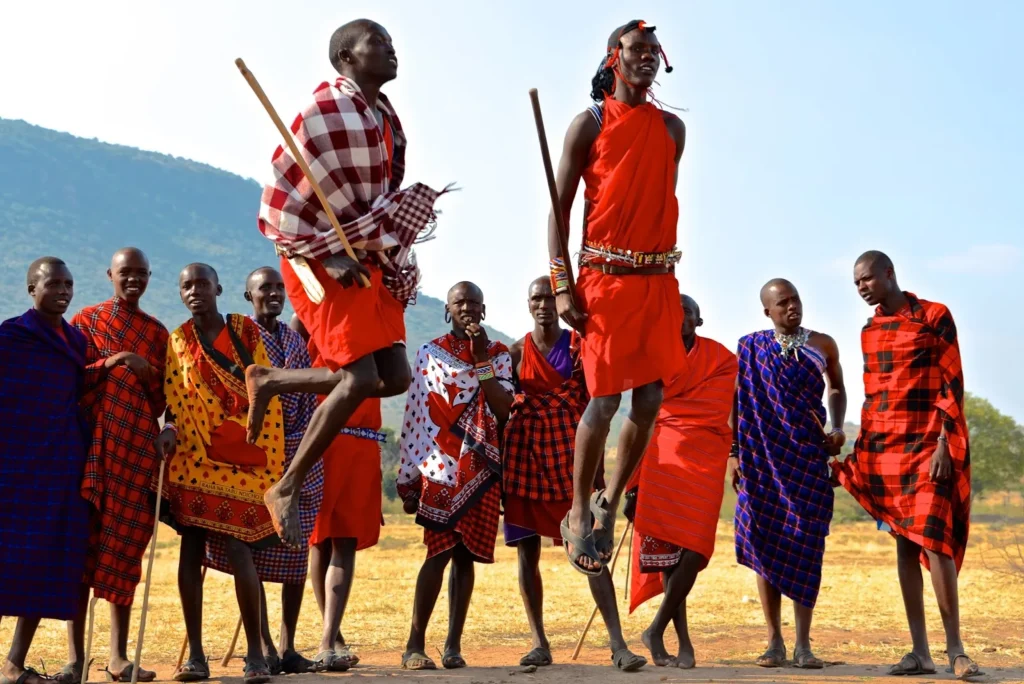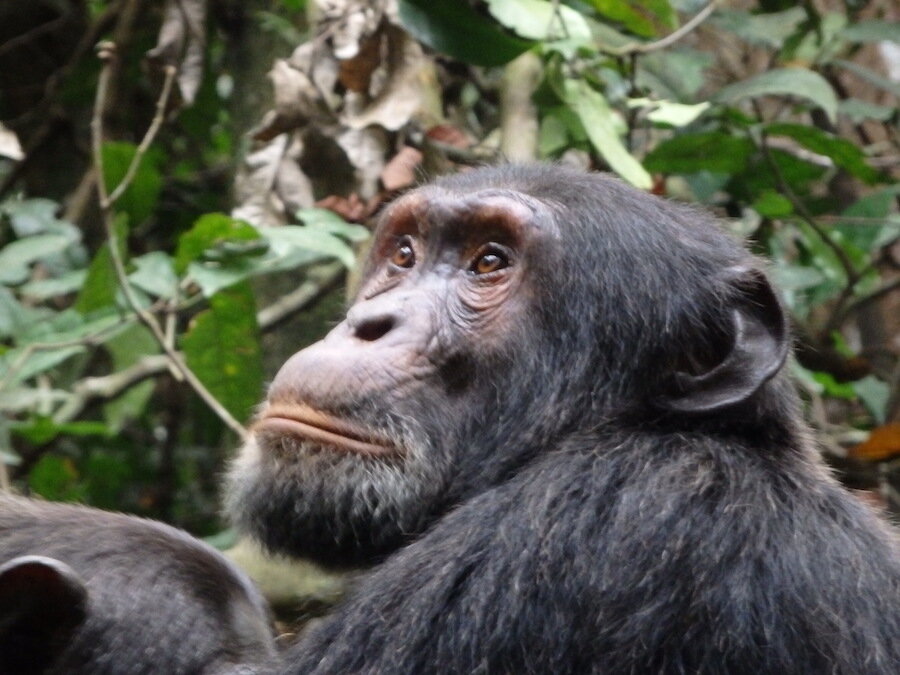When one contemplates an African safari adventure, vivid images of awe-inspiring landscapes and magnificent wildlife invariably spring to mind. Yet, beneath the surface of these breathtaking encounters lies a lesser-known truth: the thriving safari tourism industry significantly bolsters African wildlife preservation efforts.

The Force for Good within Safaris:
- Safeguarding Conservation Projects: The substantial funds generated from safari fees, park permits, and wildlife tour expenses play a pivotal role in financing national parks and conservation initiatives. These financial resources are the lifeblood of the critical ecosystems and endangered species they protect.
- Empowering Local Communities: Many safari lodges and operators forge close bonds with local communities, providing them with employment opportunities and investments. By promoting sustainable livelihoods, safaris effectively reduce conflicts between humans and wildlife, nurturing a harmonious coexistence.
- Tackling Poaching Head-On: Safari travel operators frequently collaborate with anti-poaching units, leveraging their presence and resources to deter and combat poaching. This steadfast commitment to curbing illegal wildlife trade directly contributes to the survival of endangered species.
- Facilitating Research and Data Collection: Safaris serve as a unique platform for researchers to gather invaluable data on wildlife, aiding in the monitoring and protection of various species. This research forms the bedrock of informed conservation strategies.
- Raising Global Awareness: Through immersive educational experiences, Africa Safari Tours provide travelers with an up-close appreciation of the splendor and fragility of African ecosystems. These encounters kindle a profound reverence for wildlife and emphasize the pressing need for conservation.
- Spreading the Message through Word of Mouth and Social Media: Travelers who embark on Africa safari tours frequently metamorphose into fervent advocates for wildlife conservation. Their stories and social media posts have the power to raise global awareness and inspire others to take action.
- Commitment to Sustainable Tourism Practices: Many safari operators adhere to stringent environmental standards, minimizing waste, conserving energy, and protecting water resources. These eco-friendly practices serve as guardians of the environments they operate within.
- Balancing Access and Conservation: Safaris carefully choreograph tours to strike a harmonious equilibrium between offering access to tourists and preserving the natural habitat. The result is minimal disturbance to wildlife and their surroundings.
Conservation Triumphs in the Safari World:
- The Remarkable Recovery of Rhinos: Rhinos, teetering on the brink of extinction, have seen their populations surge significantly within protected areas, thanks to the concerted efforts of safari operators and conservationists.
- Gorilla Conservation in Rwanda and Uganda: Gorilla trekking safaris have played a pivotal role in safeguarding mountain gorillas. Revenue generated from permits has become a bulwark for their protection and the well-being of local communities.
In Closing:
Kagera Safaris orchestrates African safari tours that transcend mere adventure and spectacle, immersing travelers in the cause of wildlife conservation across the continent. By embracing the tourism industry, travelers become intrinsic partners in the mission to safeguard Africa’s distinctive and imperiled species. This conservation in action underscores the transformative power of responsible tourism, revealing how the pursuit of adventure can be a resounding force for good. Thus, when considering an African safari expedition, remember that your journey transcends mere vacation; it embodies a vital contribution to the preservation of Africa’s natural legacy.


